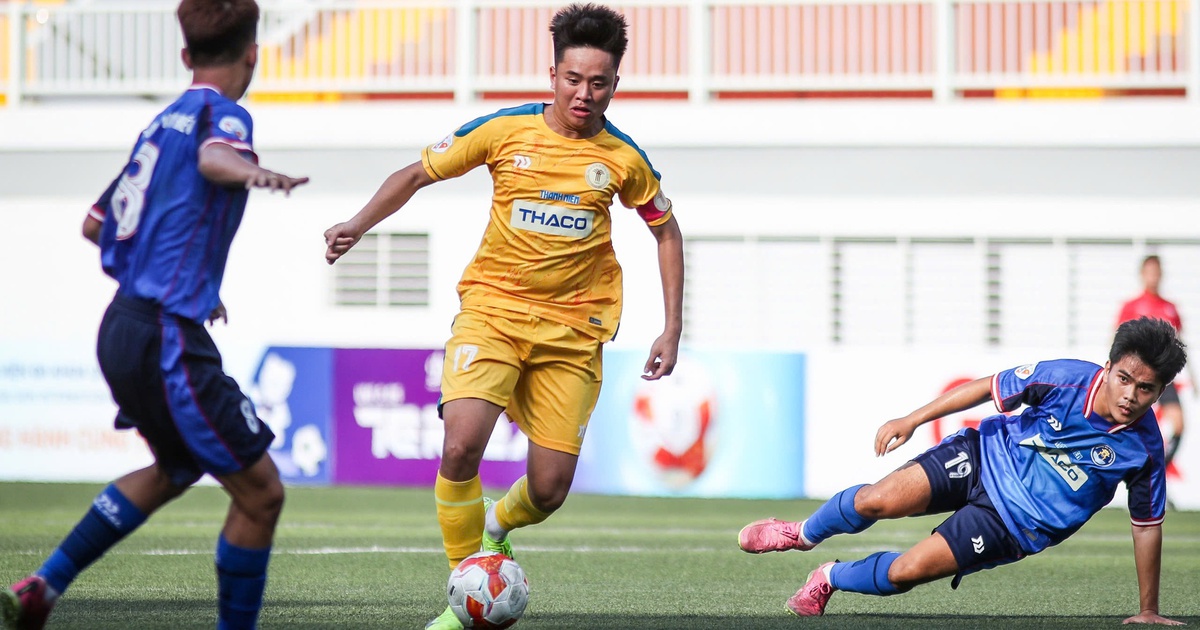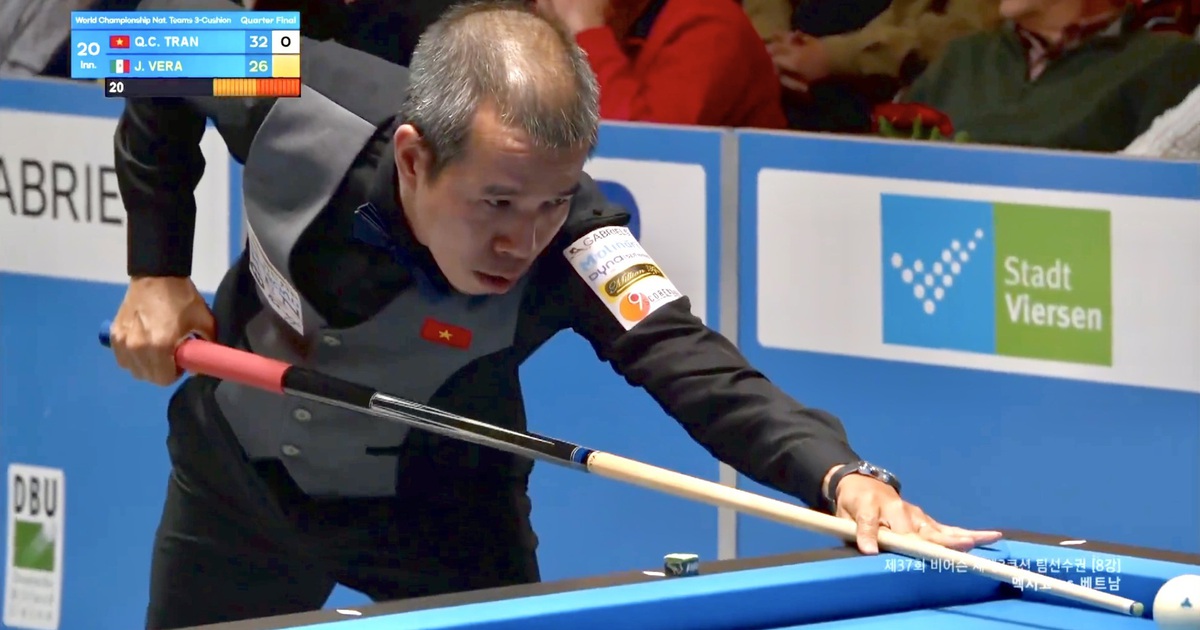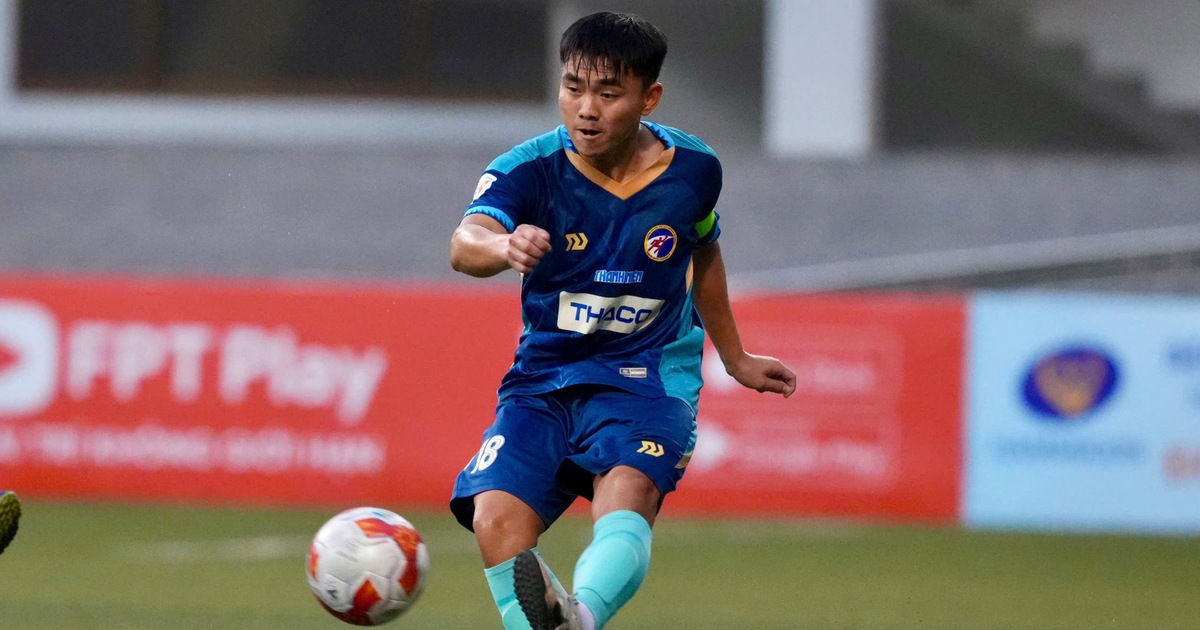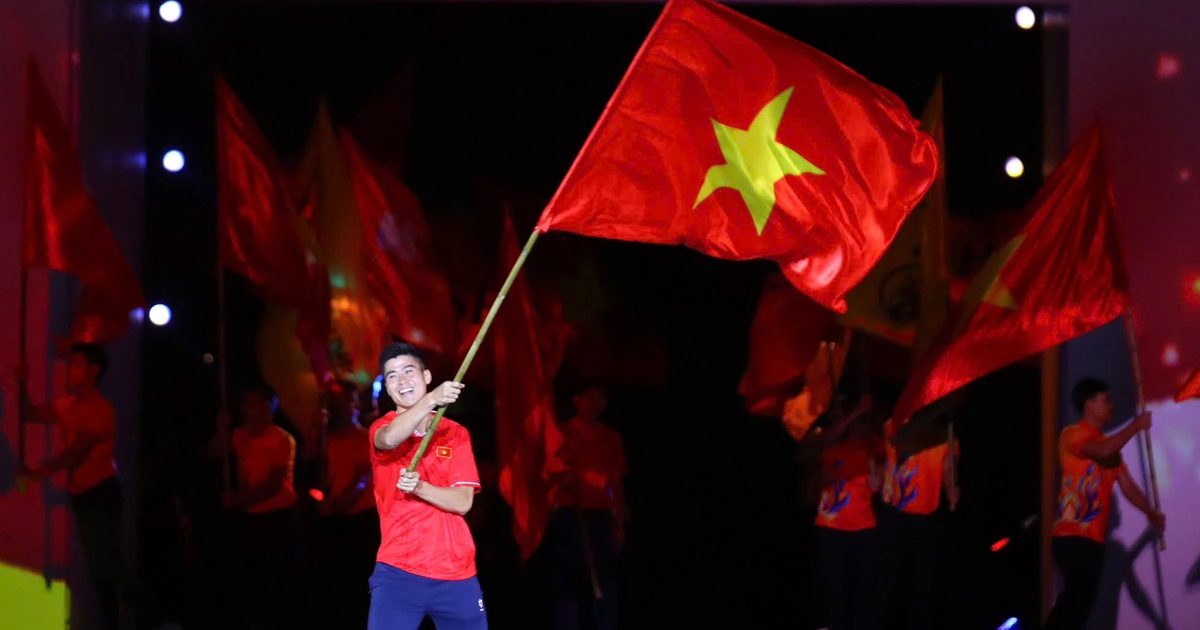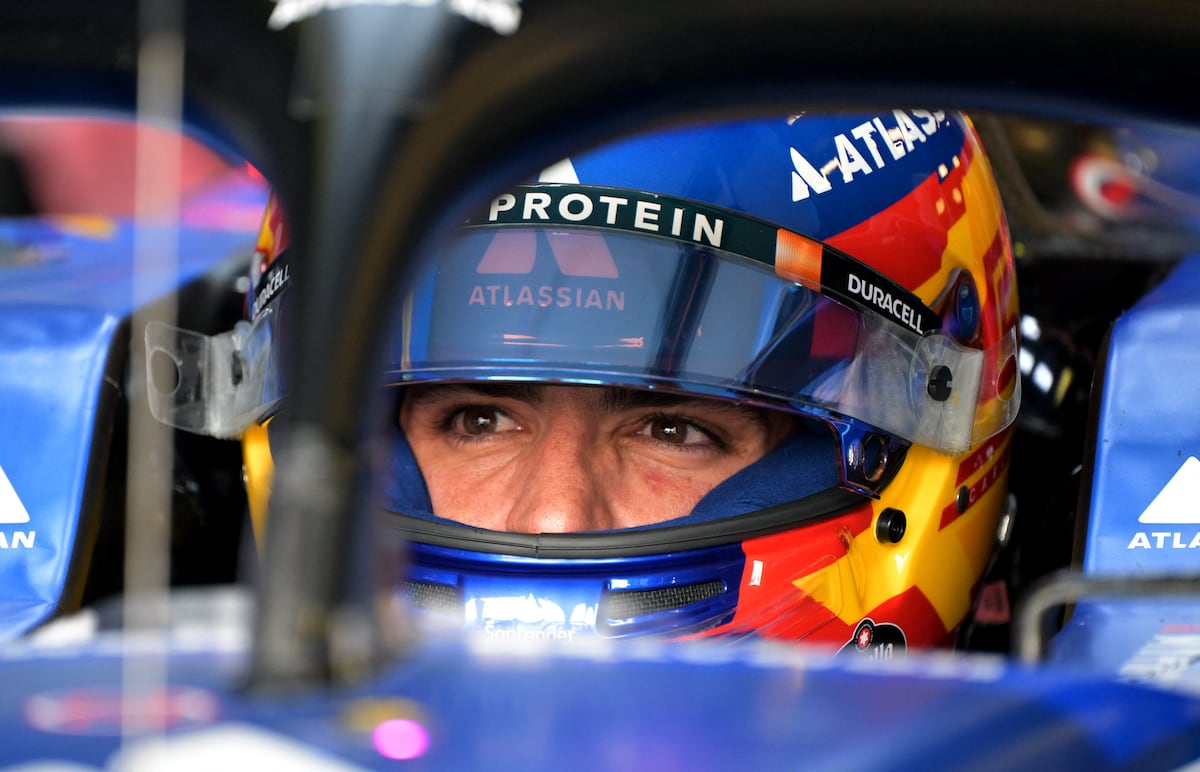The competition with Uzbekistan on the evening of October 13, even though it was just a practice match for the Vietnamese team, also had special meaning. This is the first time under coach Philippe Troussier that the Vietnamese team lost completely in terms of time of control, ball deployment and finishing efficiency.
In the previous 4 matches, the Vietnamese team won against Syria and Palestine with a higher ball possession ratio. In the defeat against the Chinese team on October 10, Que Ngoc Hai and his teammates even held the ball 63% and had 603 passes, all of which were twice the parameters of their opponents.
The Vietnamese team’s weakness in that match was that they held the ball a lot but were ineffective. In the match against Uzbekistan, Mr. Troussier’s students didn’t even have a ball to play with.
The Vietnamese team lost with a heart full of admiration
For most of the match, the Vietnamese team fell into a state of chasing the ball, straining to endure. 0 shots in 90 minutes against Uzbekistan is proof of a complete defeat, similar to what the Vietnamese team experienced against Japan (2 matches), Saudi Arabia, Oman or Australia (second leg) in the qualifying round. World Cup 2022.
Meeting the top teams in Asia, playing defense is inevitable. As someone who worships the philosophy of control, Coach Troussier also has to admit the truth: the Vietnamese team cannot control the ball against strong teams. He said: “Confronting strong teams like Uzbekistan or Korea, I assess that the team can only control 30-35% of the ball.”
The problem is how the Vietnamese team defends during the 60-65% of time the opponent holds the ball. And when they regained control, how did Mr. Troussier’s team counterattack?
Under coach Park Hang-seo, the Vietnamese team did not focus much on ball control or playing sequentially at the backline, but was trained thoroughly in situations of transition from defense to defense. attack.
Counter-attacking play or taking advantage of quick passes is the identity of the Vietnamese team when Mr. Park takes power, many times causing difficulties for top teams. But it only stops at the level of causing difficulties.
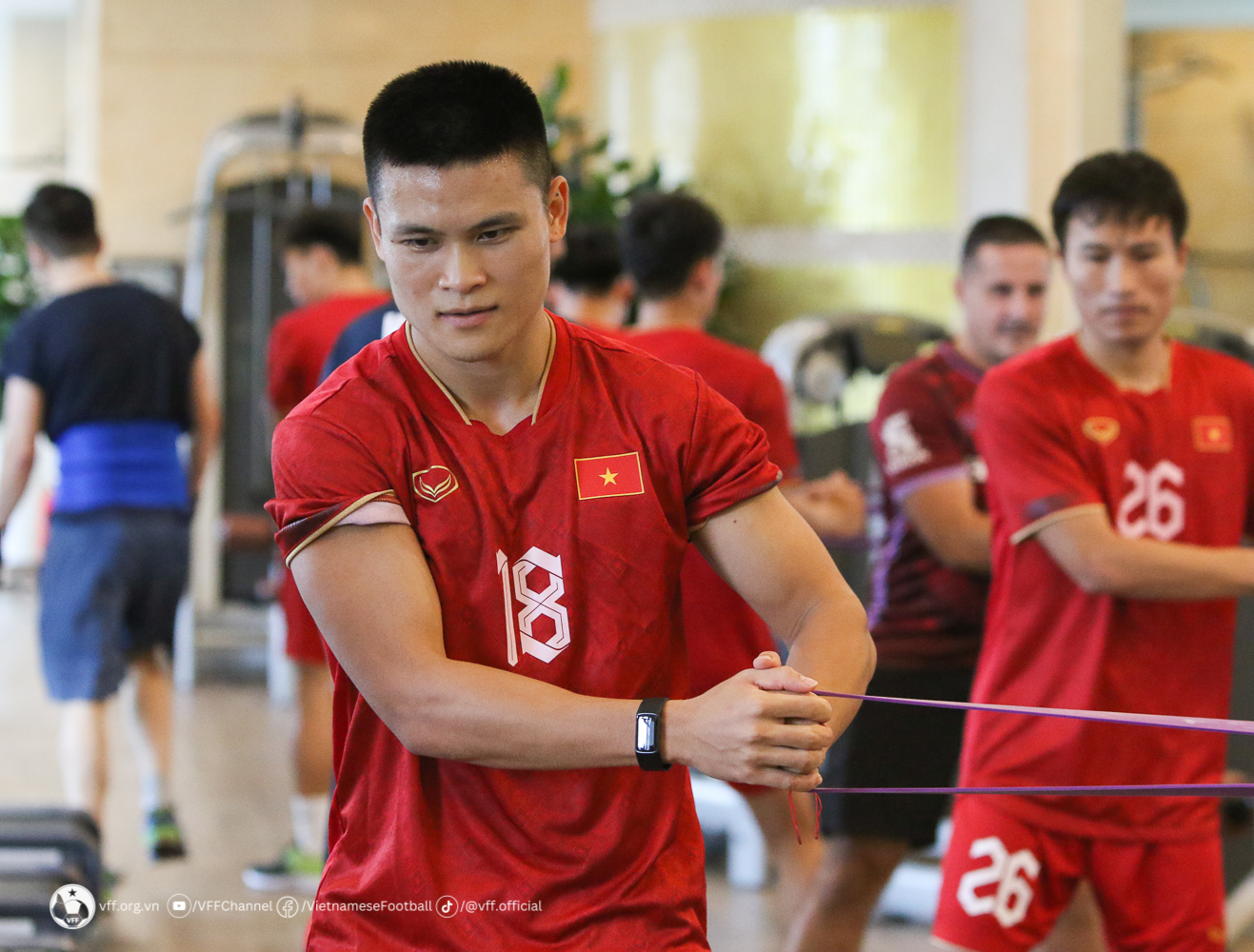
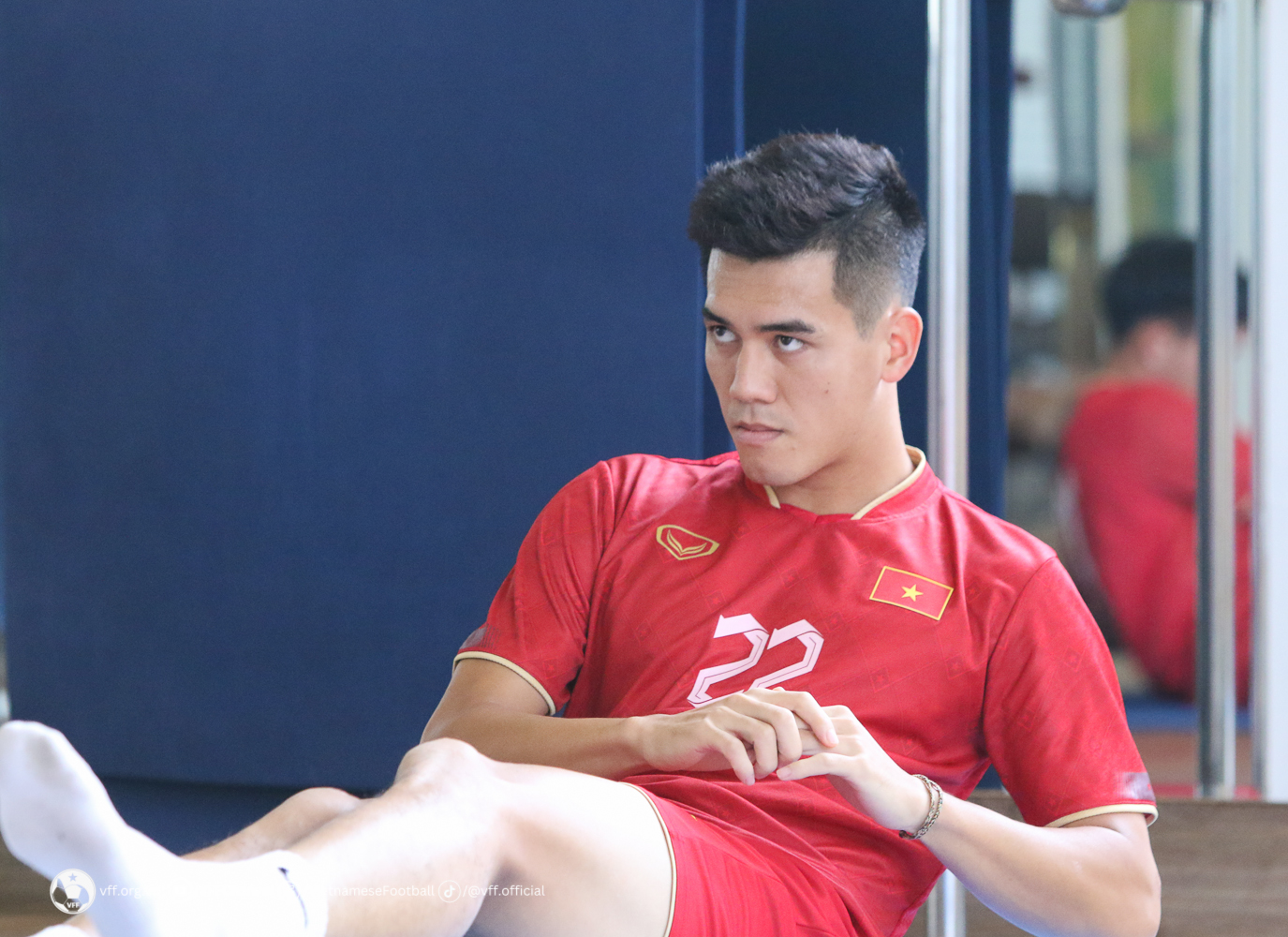
Stars like Tuan Hai and Tien Linh are adapting to coach Troussier’s new philosophy
As for coach Troussier, the team is built in a more systematic and sequential manner. In theory, the Vietnamese team’s style of play is still counter-attacking, but it is organized and disciplined and plays the ball with intention, instead of depending on the opponent’s long passes or mistakes (these types of situations). which Mr. Troussier considers “coincidental”).
Of course, the playing style that Mr. Troussier proposed is more difficult, requiring a comprehensive technical foundation, as well as the player’s fluency and coordination. Those are the qualities the Vietnamese team is lacking. Between the group of experienced players (Hung Dung, Hoang Duc, Tuan Anh, Van Toan, Quang Hai) and the young group (Thai Son, Minh Trong, Van Toan, Van Cuong, Dinh Bac) there is a big difference in thinking and skill. level of play. The players also have little time together, so they don’t understand how to move or predict each other’s actions.
The proof is that in the match against Uzbekistan, the Vietnamese team’s counterattacks completely collapsed even though the opponent did not press too aggressively. In most counter-attacks, players make things difficult for themselves and fail to pass.
In addition, the Vietnamese team’s personnel are not outstanding enough for Mr. Troussier to create a boost compared to Mr. Park’s time. The young stars from Mr. Troussier’s U.23 team are too inexperienced to meet experienced, wise teams in Asia.
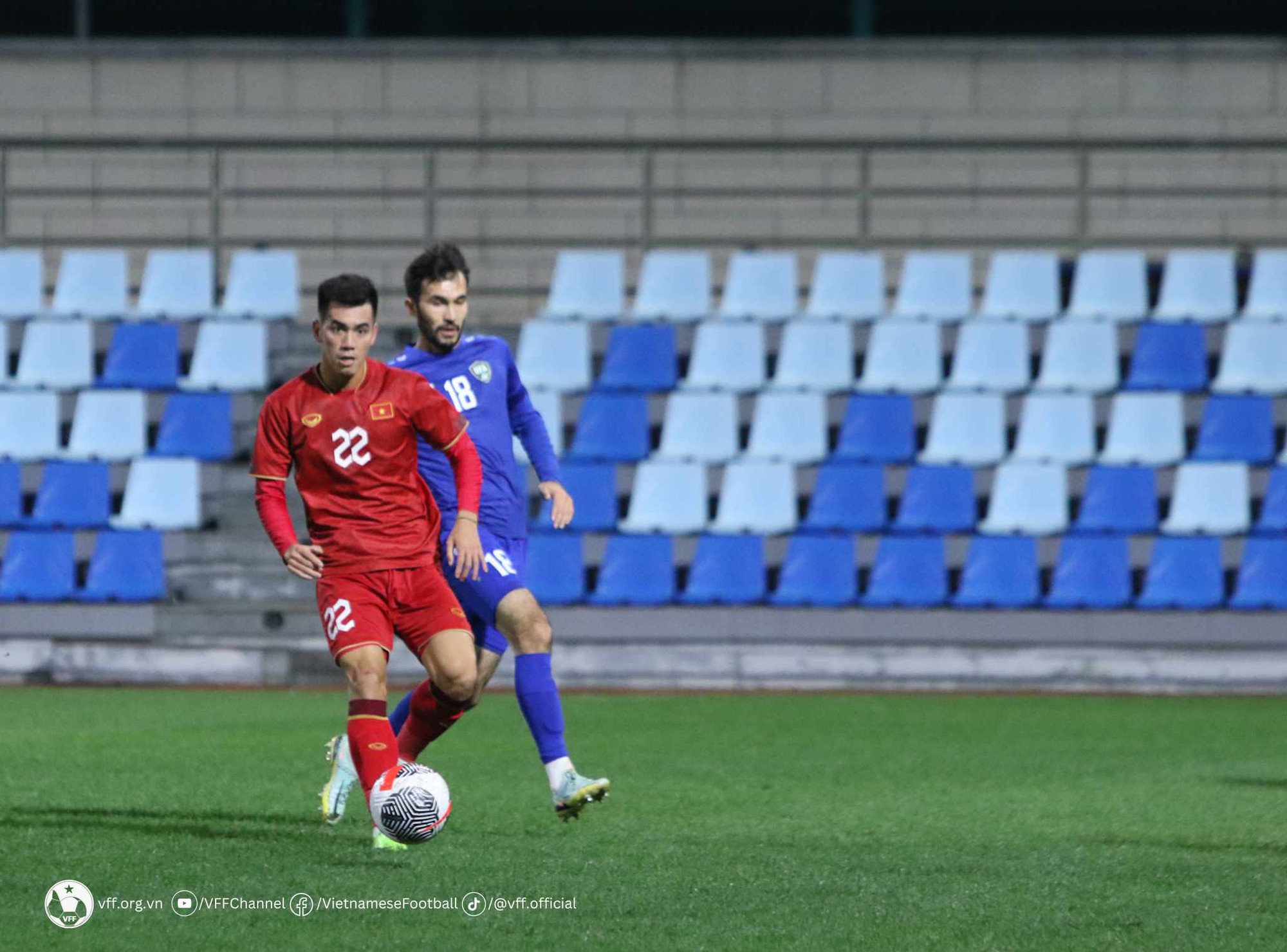
Is Tien Linh suitable for counter-attacking style of play?
The competition with South Korea will be an opportunity for the Vietnamese team to continue to forge a counterattack. Being pressured by the opponent is easy to predict, so when winning the ball back, how quickly does the player rotate up front to counterattack?
If they continue to play in a chaotic manner, lacking direction and tempo like they did against Uzbekistan, coach Troussier’s players will have a hard time creating opportunities, let alone scoring goals.
To counterattack effectively, Tien Linh and his teammates probably need to play more directly, daring to make risky and sudden moves, instead of playing somewhat mechanically like the past two matches. Players need to filter experience in the style of “picking sand to find gold” after losses to improve.
Coach Troussier also had a comprehensive view of the Vietnamese team’s capabilities. Building a playing style that suits people, or patiently waiting for people to adapt to the playing style, the French strategist must quickly find the answer as the 2026 World Cup qualifiers approach.

